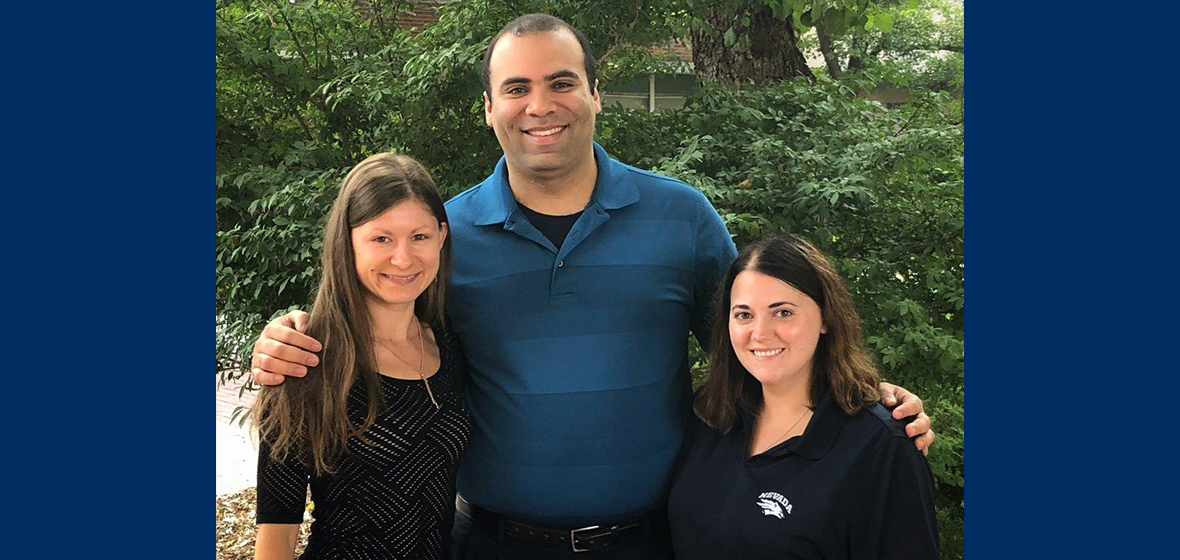The College of Liberal Arts is excited to have two administrative faculty members publish a research paper. Academic advisors, Lynwood "LJ" Johnson and Anna Lincoln along with Natasha Rudi (former academic advisor), recently presented their research on academic probation at a conference where they received a lot of attention. Due to the popularity of their topic, conference coordinators asked to publish their research findings in Academic Advising Today - an online journal, as well as in an advising pocket guide.
The paper titled, "One person at a time: hope for a second chance," will be available online in March 2019. The research is around an advising probation model the advisors implemented in the College of Liberal Arts three years ago. Since its implementation, the advisors started collecting data and analyzing statistics on increased retention rates in the College. The "High Involvement Intervention Model" assists students on probation and guides them through their remaining academic career to help them get back on track to graduate.
The model integrates elements of developmental advising. Each semester after final grades are posted, advisors personally reach out to students facing dismissal and encourage them to make an appointment and establish a relationship. During the advising appointments, the advisor helps the students come up with an action plan to get back on track. "The partnership helps keep the student engaged and committed to academic success," Johnson said.
Already in the short amount of time the College of Liberal Arts advisors have been using this model, they've seen a jump in retention rates. What's even better is the software they're using has helped with that. The SSC software platform tracks advising notes and appointments. By using the campaign feature in the platform, the advising team noticed a better response rate in setting up advising appointments through the platform versus the normal email method used previously. Johnson said advising platforms that have "early warning" capabilities are quite popular among advising communities in order to increase retention rates.
{{RelatedPrograms}}
Originally, Rudi and Johnson presented their research findings at the NACADA: The Global Community for Academic Advising regional conference in March of last year. They were asked to present again at the NACADA national conference that following October in St. Louis, MO where Lincoln joined to discuss the implementation and success of the SSC software. Fortunately, they were awarded with a College travel grant to assist with travel logistics. Then, conference coordinators contacted the advisors this spring and asked if their research could be published. Rudi was proud of her team's research achievements and the news about getting published. "This is the first time University academic advisors on campus have been published, I think," Rudi said. "Even getting selected for a conference is a big feat in itself."
In the future, the academic advisors plan to continue their research, but not just on academic probation rates. They also want to look at graduation rates among the probation student population and graduation rates among diverse student populations.












